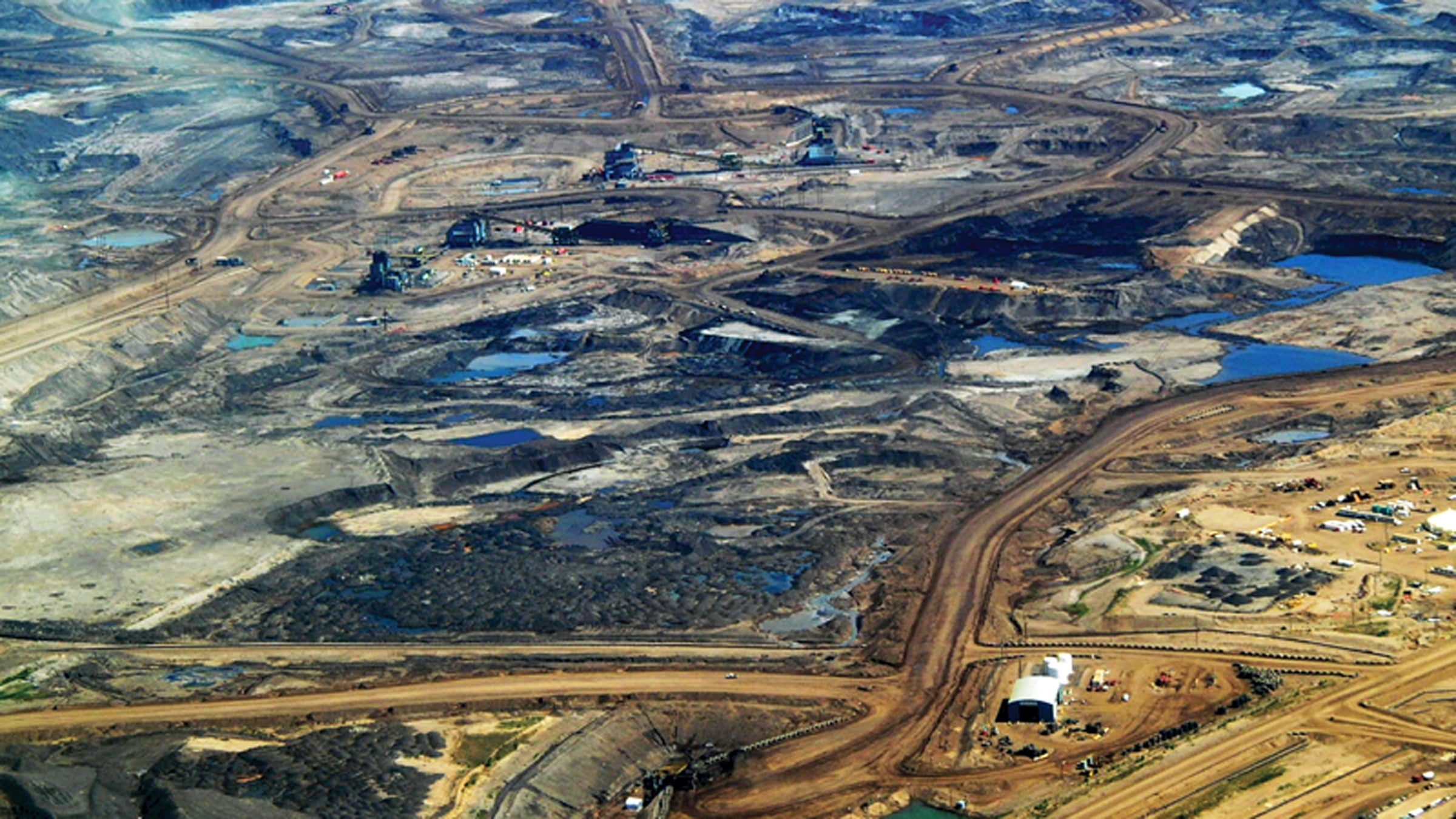A Monday indicates that a recent drop in oil prices would promote further oil sands production, which would worsen the pollution and climate change risks linked to the Keystone XL pipeline.
“Construction of the pipeline is projected to change the economics of oil sands development and result in increased oil sands production, and the accompanying greenhouse gas emissions, over what would otherwise occur,” EPA Assistant Secretary Judith G. Garber wrote in the letter.
Garber and other authors note in the letter that, to be economically feasible, the proposed extension of the pipeline into the United States may require a far higher level of oil sands production than was originally proposed.
For years, President Obama has promised to veto any bill that authorized extending the pipeline into the United States if tapping the tar sands were found to contribute significantly to climate change. Opponents of the proposal, noting the president’s commitment, have taken the EPA letter as welcome news, .
“The Environmental Protection Agency has just affirmed what has been clear all along,” Michael Brune, president of the Sierra Club, told the Guardian. “The Keystone XL tar sands pipeline fails the president’s climate test.”
Bill McKibben, founder of the climate activist network 350.org, expressed similar sentiment in a conference call with reporters. “As of today,” he said, “the president has all the nails that he needs to close the lid on this particular boondoggle of a coffin.” McKibben laid out his argument against the pipeline in a January 29 article for şÚÁĎłÔąĎÍř.
As şÚÁĎłÔąĎÍř wrote in November, the production of oil sands that would feed the XL pipeline has left an impact on parts of northern Alberta that were once pristine.


